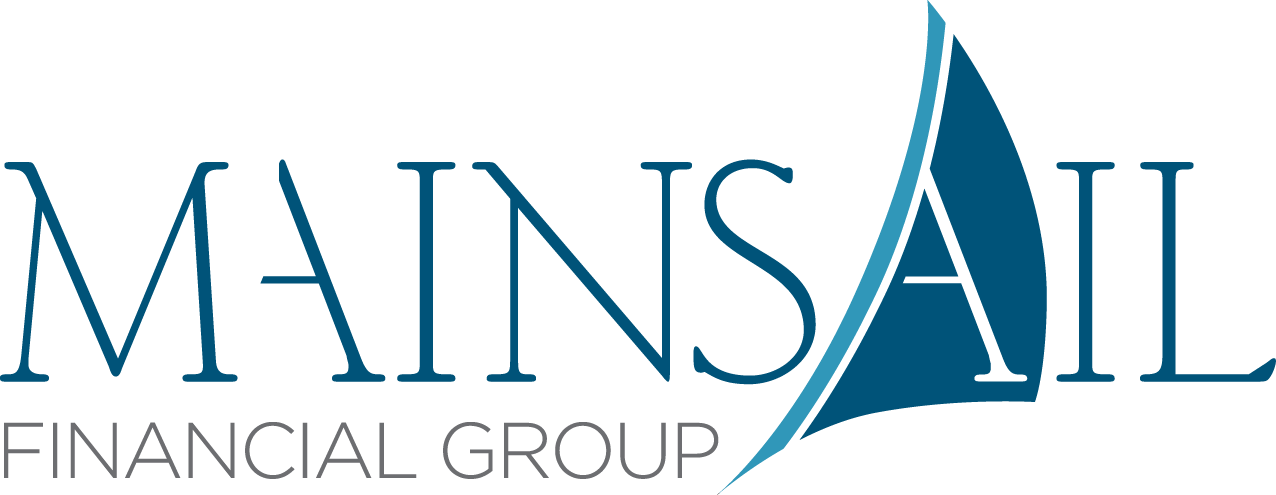Try These 5 Easy Financial Literacy Tips to Boost Your Knowledge
Did you know that April is Financial Literacy Month? National Financial Literacy Month became recognized in the United States in April 2004. The goal of Financial Literacy Month is to highlight the importance of financial literacy and educate on how to establish and maintain healthy financial habits. You might be wondering, however, how to increase your financial literacy.
That's why I wanted to take a moment to share how to improve financial literacy, whether you are just getting started on establishing healthy financial habits or if you are looking to refresh what you already do. With that said, I hope these financial literacy tips will grow your knowledge and inspire some new positive money habits!
Financial Literacy Tips You Can Implement Today
1. Ask Questions.
If you feel like you do not understand something, ask more questions to grow your personal financial literacy. I do not expect clients to be an expert in financial planning, but I do work on clarifying that they ask about it if they are unsure about something. In my opinion, becoming financially literate requires it. Over the decades of service to clients, I have heard so many stories where clients have been led astray because they were afraid or unsure how to ask questions. Your financial planner should be someone you feel comfortable asking questions to, and I highly encourage all of my clients to ask questions throughout the process.
2. Create a Financial Literacy Learning Action Plan
Schedule some time, maybe 1 hour every Wednesday, for example, and pick a topic such as Mutual Funds. Then, read trustworthy articles in magazines, books, or trusted websites to learn everything you want to know about that topic. Put it on your calendar and stick with it. Maybe start with introductory topics such as "What is a Bond?" or "How do ETFs work?" Over time, you can ease into the more advanced topics. I have seen much success with clients using a strategy like this to rapidly understand financial terms and topics.
As mentioned, reading can be a powerful way to grow your financial knowledge. Recently, Brandon released his book, Retirement by Design, in the hopes of breaking down the barriers surrounding planning for retirement. His book inspires families to have conversations about finances and becoming financially literate. In honor of Financial Literacy Month, Brandon is offering his book for free. You can request your free copy of Retire by Design here!
3. Make financial literacy activities part of your routine.
To build your personal financial literacy, make it a habit to plug into educational webinars, videos, and podcasts regularly. As helpful as it is to read about these topics, sometimes hearing someone explain it can help create a complete picture for you. There are many great resources out there (including our own, like articles, podcasts, and videos) that can add more context to your financial education.
4. Do your own personal math.
Feel free to utilize a software tool or create your own spreadsheet tool that helps you see what your overall picture looks like. You can change or numbers based on actual spending or saving. You might also be able to change numbers to see the impact it will make on your overall goals.
5. Find someone you can be accountable to, perhaps a spouse or a friend.
Having someone you can talk about your goals with can be a huge step in expanding your grasp of your finances. They can help you work through an idea, make sure you are keeping sight of your goals, or even help you talk through a major purchase.
As Financial Literacy Month comes to an end, we hope these financial literacy tips will help boost your knowledge and create new healthy finance habits. If we can answer any of your financial questions, don't hesitate to reach out to us, or visit one of our many other resources below!

